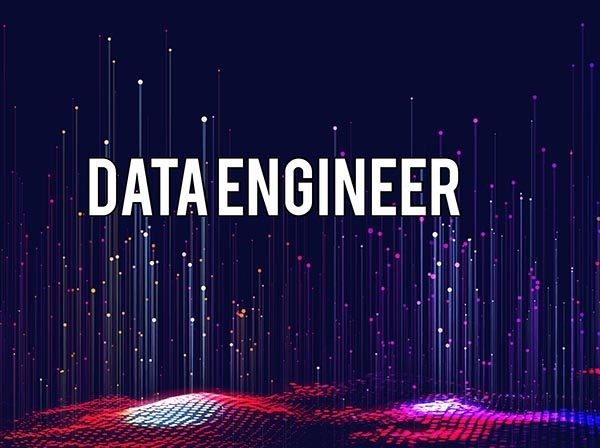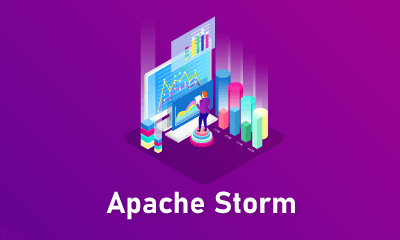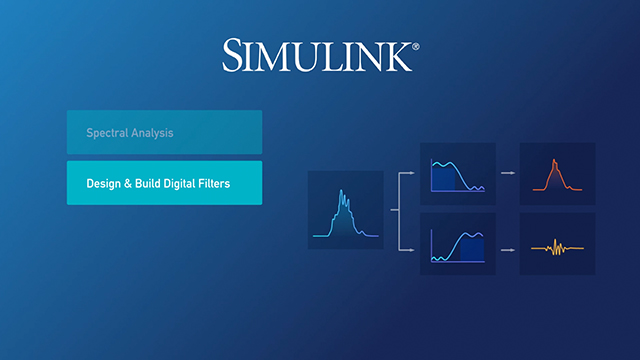Description
Introduction
In the ever-evolving field of data engineering, scalability and optimization are critical for managing and processing the increasingly large and complex datasets that modern organizations rely on. As data volumes grow and business needs evolve, data engineers must design systems that not only handle large amounts of data efficiently but also ensure optimal performance and cost-effectiveness. This course delves deep into advanced techniques for scaling data pipelines and optimizing data processing workflows, offering insights into the latest technologies and best practices for achieving high-performance data engineering.
By focusing on scalability and optimization, this course covers advanced tools and methodologies that allow you to build resilient, high-throughput data pipelines capable of meeting the demands of data-heavy applications. Whether you’re working with cloud platforms, distributed systems, or real-time data processing, you’ll learn how to make your data infrastructure more efficient, faster, and cost-effective.
Prerequisites
- Strong understanding of data engineering concepts (e.g., data pipelines, ETL/ELT).
- Experience with cloud platforms (AWS, Azure, Google Cloud).
- Proficiency in programming languages such as Python or Scala.
- Familiarity with data processing frameworks like Apache Spark, Apache Kafka, or Flink.
- Basic knowledge of database management and data storage solutions.
Table of Contents
- Advanced Data Engineering Concepts
1.1 Overview of Advanced Data Engineering
1.2 Key Challenges in Scaling Data Systems
1.3 Understanding the Role of Distributed Systems in Data Engineering
1.4 Optimizing Data Systems for Performance and Cost Efficiency - Scaling Data Pipelines for Large-Scale Systems
2.1 Horizontal vs. Vertical Scaling
2.2 Sharding and Partitioning Techniques
2.3 Data Replication Strategies
2.4 Distributed Data Processing Frameworks (e.g., Apache Spark, Flink)
2.5 Case Studies of Scalable Data Pipelines - Optimizing Data Storage and Management
3.1 Choosing the Right Storage Architecture for Scalability
3.2 Optimizing Data Lakes and Data Warehouses
3.3 Performance Tuning for Relational Databases
3.4 Using Columnar vs. Row-Based Storage Formats
3.5 Data Compression Techniques - Efficient Data Ingestion and Streaming
4.1 Optimizing Batch Data Ingestion
4.2 Real-Time Data Processing and Streamlining with Apache Kafka
4.3 Event-Driven Architectures for Scalability
4.4 High-Throughput Data Ingestion Strategies
4.5 Scaling Data Ingestion in Cloud Environments - Optimizing Data Processing Frameworks
5.1 Performance Considerations in Apache Spark
5.2 Tuning Resource Allocation and Cluster Management
5.3 Optimizing Data Processing Pipelines in Apache Flink
5.4 Best Practices for Performance Tuning in Distributed Systems - Data Caching and Query Optimization
6.1 Caching Strategies for Faster Data Access
6.2 In-Memory Data Storage Solutions (e.g., Redis, Memcached)
6.3 Optimizing SQL Queries for Performance
6.4 Materialized Views and Data Preprocessing Techniques - Advanced Data Orchestration and Workflow Management
7.1 Optimizing Workflow Orchestration with Apache Airflow
7.2 Building Efficient DAGs (Directed Acyclic Graphs)
7.3 Automated Scaling and Resource Management for Workflows
7.4 Handling Failures and Recovery in Large-Scale Pipelines - Cost Optimization in Cloud Data Engineering
8.1 Monitoring and Reducing Cloud Infrastructure Costs
8.2 Leveraging Serverless Architectures for Cost-Effective Data Processing
8.3 Autoscaling Data Pipelines in Cloud Environments
8.4 Cost vs. Performance: Striking the Right Balance - Ensuring Fault Tolerance and Reliability
9.1 Designing Fault-Tolerant Data Pipelines
9.2 Data Consistency and Availability in Distributed Systems
9.3 Implementing Data Backup and Disaster Recovery Solutions
9.4 Best Practices for Ensuring System Reliability - Monitoring, Logging, and Observability
10.1 Real-Time Monitoring of Data Pipelines
10.2 Metrics, Logs, and Alerts for Data Systems
10.3 Observability Tools and Practices (e.g., Prometheus, Grafana)
10.4 Root Cause Analysis and Troubleshooting Data Pipelines
Conclusion
Mastering scalability and optimization in data engineering is crucial for handling the challenges of processing and managing big data in modern environments. This course has equipped you with the advanced techniques and tools needed to scale your data pipelines and optimize performance across various stages of the data engineering workflow. From designing highly efficient storage systems to implementing cost-effective cloud-based solutions and orchestrating complex workflows, you now have the skills to build data systems that are not only capable of handling vast amounts of data but are also efficient, reliable, and resilient.
As the demand for real-time data processing, cloud computing, and distributed systems continues to rise, the expertise gained from this course will enable you to tackle the complexities of large-scale data engineering projects and optimize data pipelines to meet the needs of modern, data-driven organizations. With the knowledge of best practices in scalability and optimization, you are now better equipped to make data infrastructure decisions that improve efficiency, reduce costs, and ensure high performance in dynamic environments.







Reviews
There are no reviews yet.